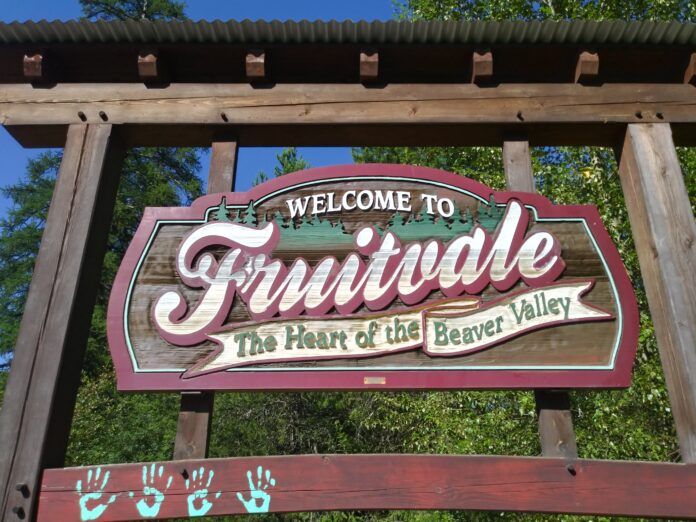The BC Utilities Commission will decide whether FortisBC will be allowed to build a new substation on a rural Fruitvale property following complaints from the public.
BCUC communications manager Krissy Van Loon said the company was directed in June to apply for a “certificate of public convenience and necessity.”
Although it has not been filed yet, she said they expect to receive it in early fall and then conduct public proceedings.
Van Loon said the commission doesn’t review every infrastructure project and typically issues certificate based on their dollar value.
“But in this case it’s based on the public interest in the project,” she said. “We’ve received several complaints and we conducted an initial investigation which has now led us to directing FortisBC to file this application.”
Van Loon said the review will result in a decision on whether the project can proceed, but the exact format — including whether a public hearing will be held — is to be determined once the review panel is appointed. Regardless, there will be a chance for public input.
FortisBC says it wants to consolidate a couple of old electrical substations, including one that has been in service since the 1960s, before they start to fail. But neither existing site is large enough to accommodate what they want to do.
In 2021, the company proposed a site off Columbia Gardens Road on village-owned but ran into local opposition over required rezoning. The company then looked 19 other sites, including several suggested by the public, but ruled them all out for various reasons.
They have since acquired a 10-acre property 2064 Grieve Road, just outside village limits and across from Atco Wood Products, which they say meets all of their needs. The current zoning allows utility use.
However, the Beaver Valley Concernced Citizens objected to the site, known locally as the Moller/Lifely farm, as they feel it is “prime agricultural land.” While it’s not in the agricultural land reserve, they feel it ought to be, given its history and potential for ongoing production. The group insists less impactful alternative locations exist.






